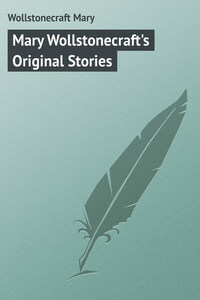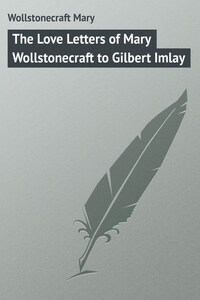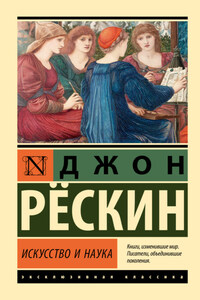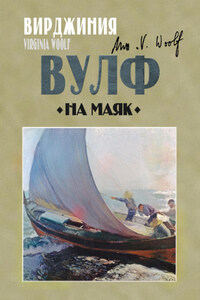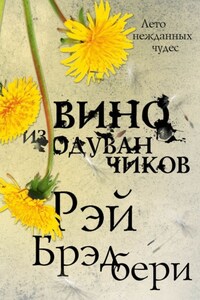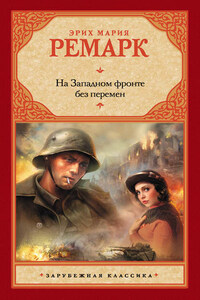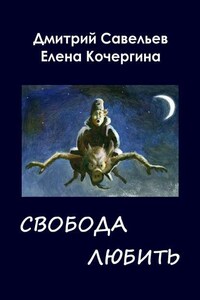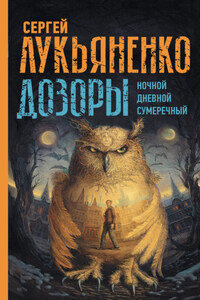The germ of the Original Stories was, I imagine, a suggestion (in the manner of publishers) from Mary Wollstonecraft’s employer, Johnson of St. Paul’s Churchyard, that something more or less in the manner of Mrs. Trimmer’s History of the Robins, the great nursery success of 1786, might be a profitable speculation. For I doubt if the production of a book for children would ever have occurred spontaneously to an author so much more interested in the status of women and other adult matters. However, the idea being given her, she quickly wrote the book – in 1787 or 1788 – carrying out in it to a far higher power, in Mrs. Mason, the self-confidence and rectitude of Mrs. Trimmer’s leading lady, Mrs. Benson, who in her turn had been preceded by that other flawless instructor of youth, Mr. Barlow. None of these exemplars could do wrong; but the Mrs. Mason whom we meet in the following pages far transcends the others in conscious merit. Mrs. Benson in the History of the Robins (with the author of which Mary Wollstonecraft was on friendly terms) was sufficiently like the Protagonist of the Old Testament to be, when among Mrs. Wilson’s bees, ‘excessively pleased with the ingenuity and industry with which these insects collect their honey and wax, form their cells, and deposit their store’; but Mrs. Mason, as we shall see, went still farther.
It has to be remembered that the Original Stories were written when the author was twenty-nine, five years before she met Gilbert Imlay and six years before her daughter Fanny Imlay was born. I mention this fact because it seems to me to be very significant. I feel that had the book been written after Fanny’s birth, or even after the Imlay infatuation, it would have been somewhat different: not perhaps more entertaining, because its author had none of that imaginative sympathy with the young which would direct her pen in the direction of pure pleasure for them; but more human, more kindly, better. One can have indeed little doubt as to this after reading those curious first lessons for an infant which came from Mary Wollstonecraft’s pen in or about 1795, (printed in volume two of the Posthumous Works, 1798), and which give evidence of so much more tenderness and reasonableness (and at the same time want of Reason, which may have been Godwin’s God but will never stand in that relation either to English men or English children) than the monitress of the Original Stories, the impeccable Mrs. Mason, ever suggests. I know of no early instance where a mother talks down to an infant more prettily: continually descending herself to its level, yet never with any of Mrs. Mason’s arrogance and superiority. Not indeed that this poor mother, with her impulsive warm heart wounded, and most of her illusions gone, and few kindly eyes resting upon her, could ever have compassed much of Mrs. Mason’s prosperous self-satisfaction and authority had she wished to; for in the seven years between the composition of the Original Stories and the lessons for the minute Fanny Imlay, she had lived an emotional lifetime, and suffering much, pitied much.
In Lesson X, which I quote, although it says nothing of charity or kindness, a vastly more human spirit is found than in any of Mrs. Mason’s homilies on our duty to the afflicted: —
See how much taller you are than William. In four years you have learned to eat, to walk, to talk. Why do you smile? You can do much more, you think: you can wash your hands and face. Very well. I should never kiss a dirty face. And you can comb your head with the pretty comb you always put by in your own drawer. To be sure, you do all this to be ready to take a walk with me. You would be obliged to stay at home, if you could not comb your own hair. Betty is busy getting the dinner ready, and only brushes William’s hair, because he cannot do it for himself.
Betty is making an apple-pye. You love an apple-pye; but I do not bid you make one. Your hands are not strong enough to mix the butter and flour together; and you must not try to pare the apples, because you cannot manage a great knife.
Never touch the large knives: they are very sharp, and you might cut your finger to the bone. You are a little girl, and ought to have a little knife. When you are as tall as I am, you shall have a knife as large as mine; and when you are as strong as I am, and have learned to manage it, you will not hurt yourself.
You can trundle a hoop, you say; and jump over a stick. O, I forgot! – and march like men in the red coats, when papa plays a pretty tune on the fiddle.
Even a very little of the tender spirit that this lesson breathes, even a very little of its sense of play, would have leavened the Original Stories into a more wholesome consistency. As it stands, that book is one of the most perfect examples of the success with which, a century or more ago, any ingratiating quality could be kept out of a work for the young. According to William Godwin, his unhappy wife had always a pretty and endearing way with children. Yet of pretty and endearing ways, as of humour, I take him to have been a bad judge; for I do not think that any woman possessing enough sympathy to attach children to her as he, in one of the most curious biographies in the language, assures us that she had, could have suppressed the gift so completely in her first book for young minds. And the Mrs. Masonic character of her own Preface supports my view.
